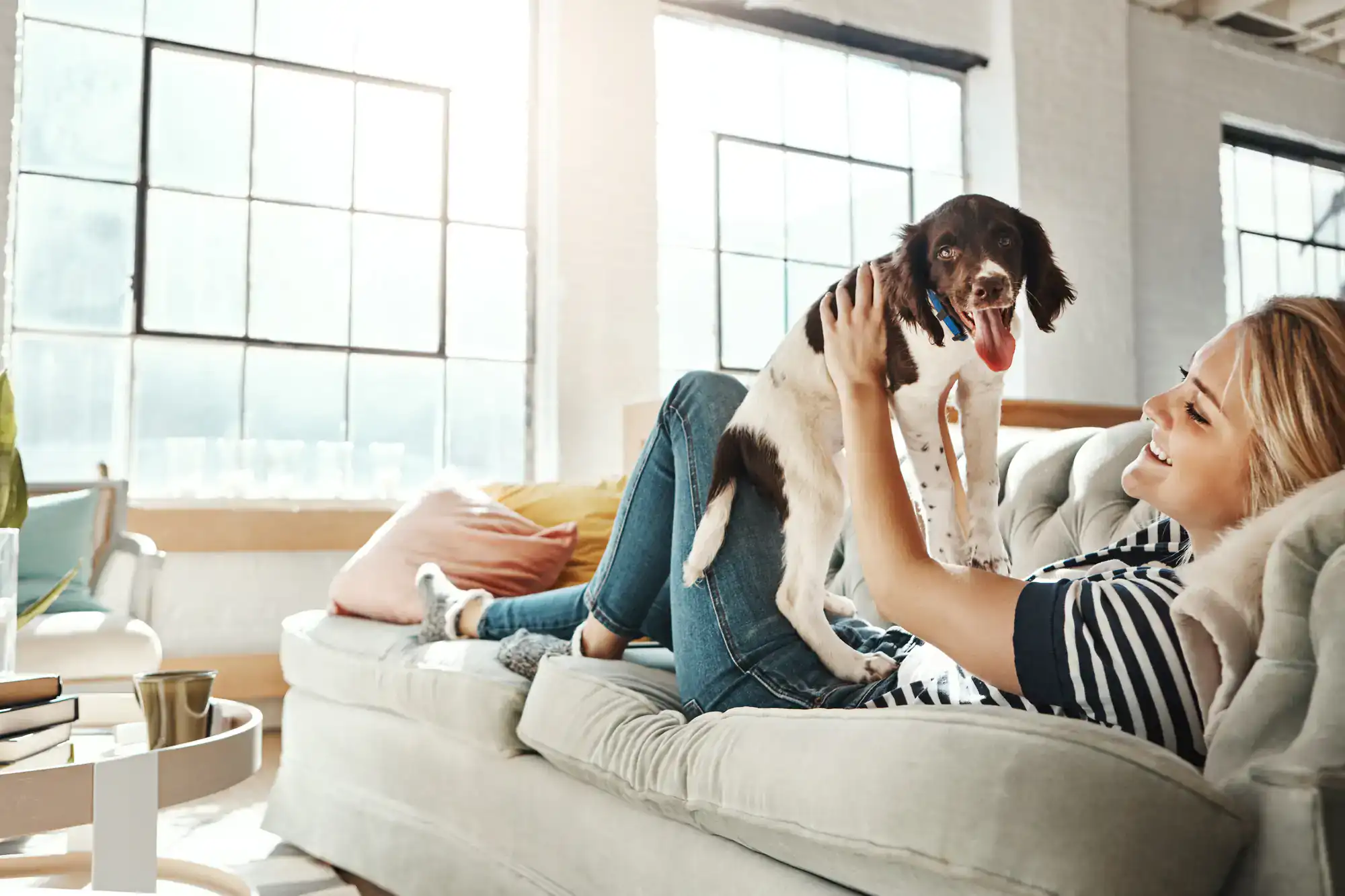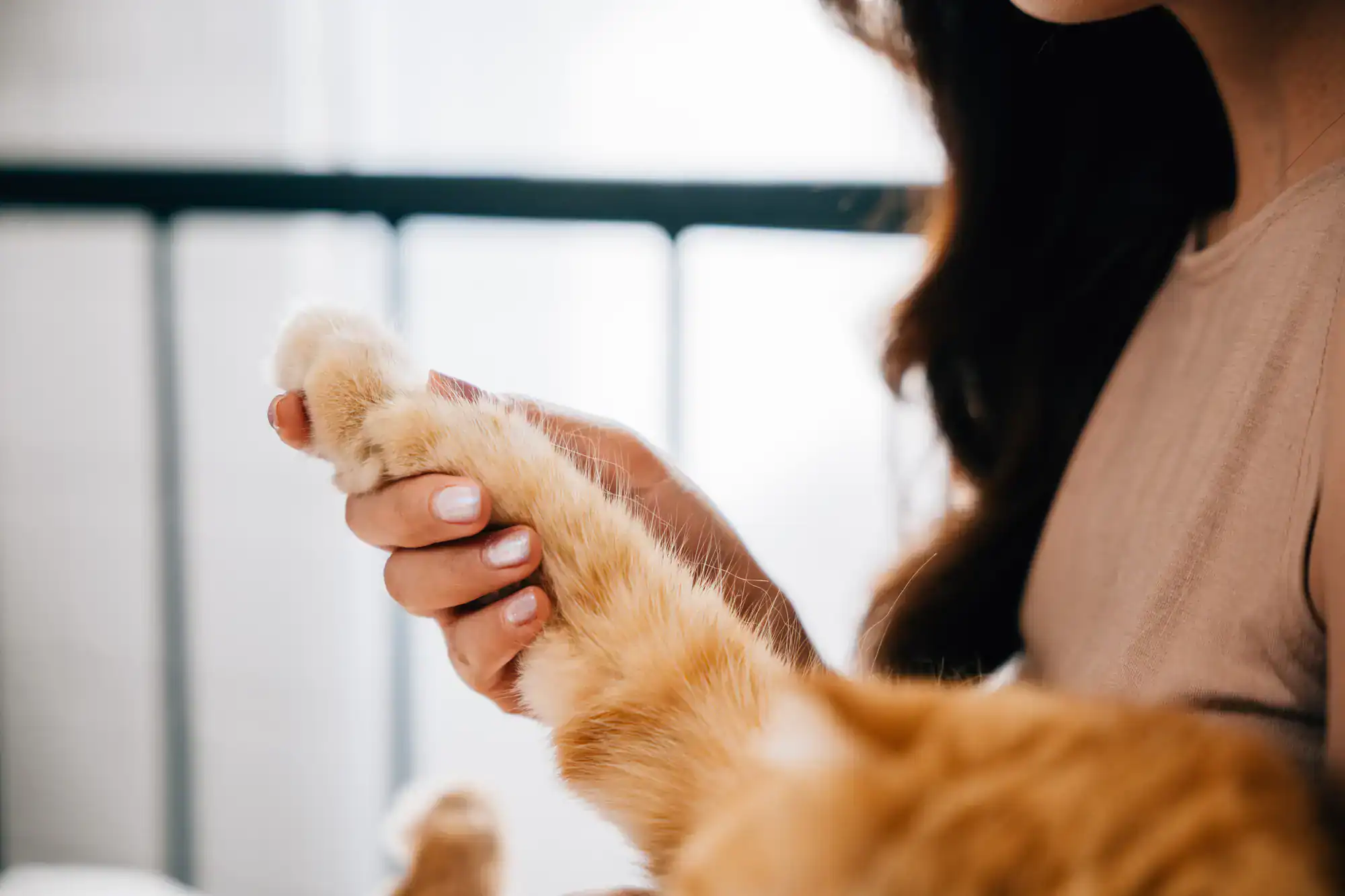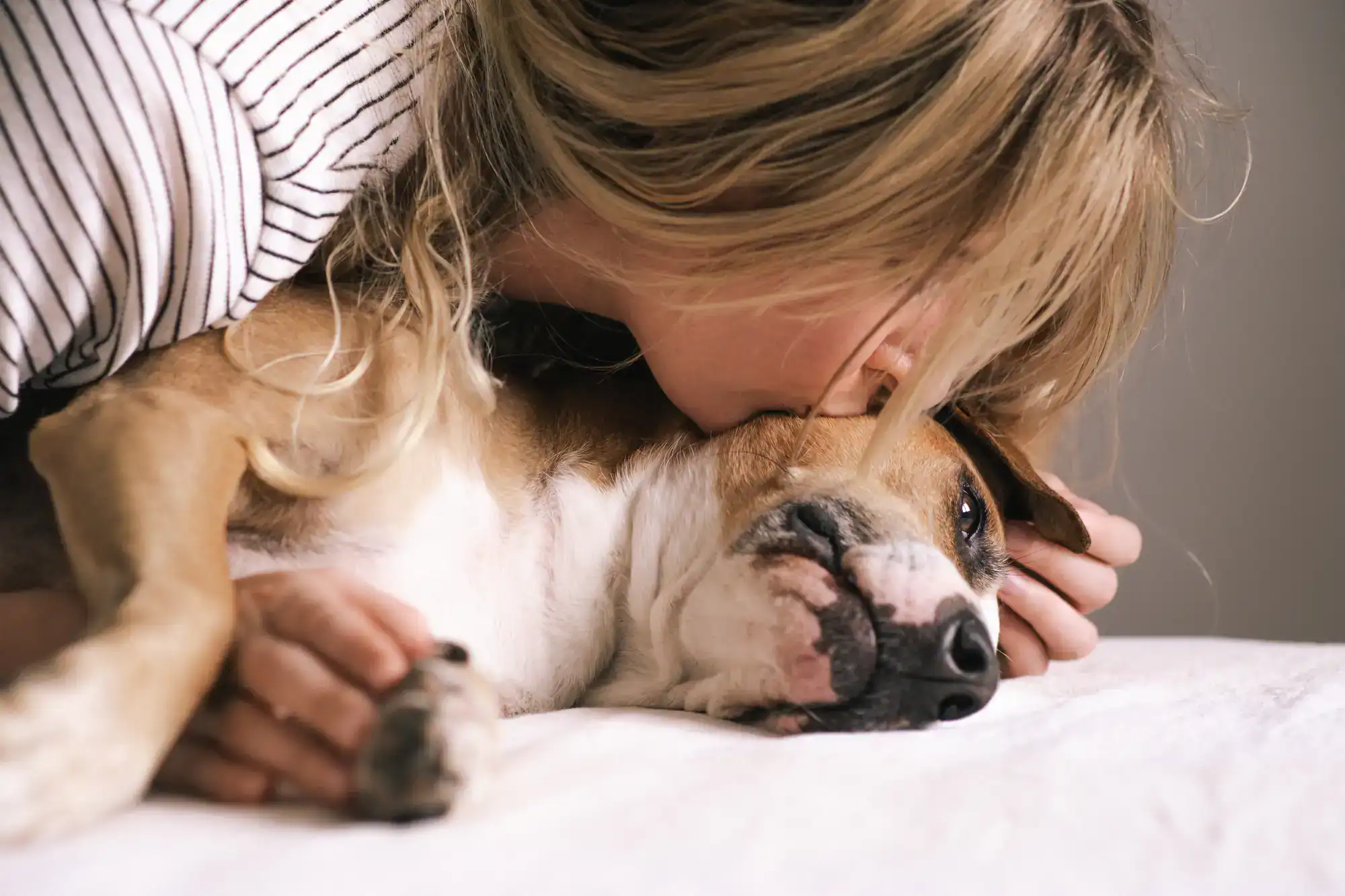Pet Loss Support in Seabrook, TX
Find Peace Through Your Pet's Final Journey
Compassionate guidance and professional pet loss support when you need it most in Seabrook.

Hear from Our Customers

Pet Grief Counseling Seabrook
Losing a pet isn’t just losing an animal. You’ve lost a family member, a daily companion, and often your most loyal friend. The grief you’re feeling is real, valid, and deserves proper support.
You don’t have to navigate this alone. Professional pet loss support helps you process emotions that others might not understand. Research shows that pet grief can be as intense as losing a human loved one, yet society often dismisses these feelings.
Our approach recognizes your bond was genuine and your grief deserves respect. You’ll find practical coping strategies, emotional validation, and a clear path forward that honors your pet’s memory while helping you heal.
Crematory Services Seabrook TX
We at Angel Oaks Pet Crematory have been serving Seabrook families through their most difficult decisions for over three decades. We understand the weight of pet loss because we’re pet owners too.
Our facility maintains the highest standards with licensed veterinarians and professional staff who’ve helped hundreds of local families. We’re members of the American Association for Pet Loss and Bereavement, bringing evidence-based support to our community.
Being local means shorter drives during an already difficult time. It also means we understand Seabrook residents and the unique bond you share with your pets in this waterfront community.

Coping With Pet Loss Process
First, we listen. Every pet loss story is different, and your grief deserves individual attention. We discuss what you’re experiencing without judgment or timeline pressure.
Next, we provide practical coping strategies based on proven grief counseling methods. You’ll learn healthy ways to process emotions, handle difficult moments, and begin healing while honoring your pet’s memory.
Throughout the process, we connect you with additional resources when needed. This might include support groups, memorial options, or referrals to specialized counselors. You’re never alone in this journey.

Ready to get started?
Pet Loss Resources Seabrook
Our pet loss support includes grief counseling, resource connections, and memorial planning assistance. We help you understand the stages of pet grief and develop personalized coping strategies.
Seabrook families often struggle with the isolation that comes with pet loss. Many friends and family members don’t understand the depth of your bond with your pet. Our support validates these feelings and connects you with others who truly understand.
We also provide guidance for children experiencing pet loss, helping parents navigate difficult conversations and support their kids through grief. Every family member deserves compassionate care during this time.

How long does pet grief typically last and is my reaction normal?
What coping strategies actually help during pet loss grief?
How do I help my children cope with our pet's death?
Should I get another pet right away to help with grief?
Why don't people understand how much losing my pet hurts?
What memorial options help honor my pet's memory while supporting healing?
Other Services we provide in Seabrook
